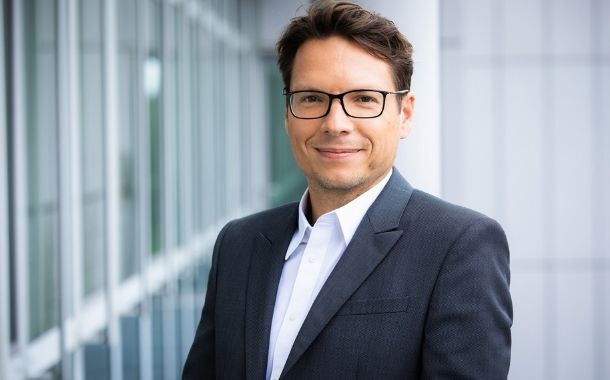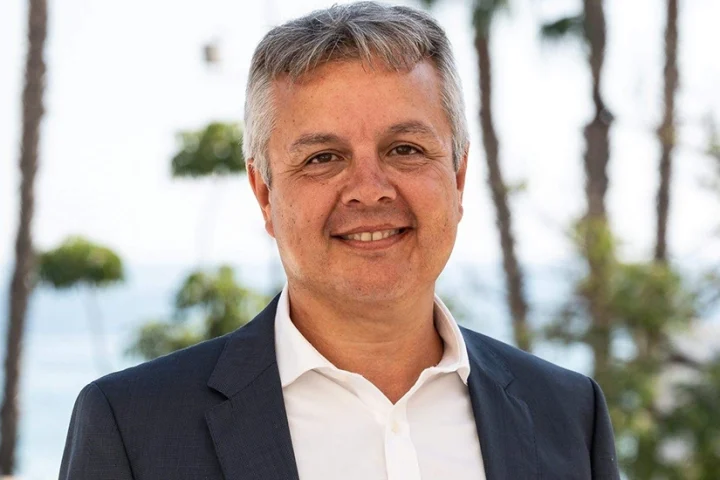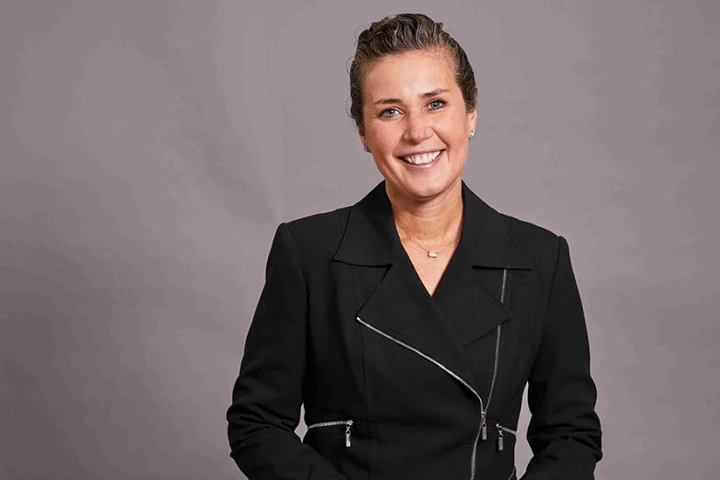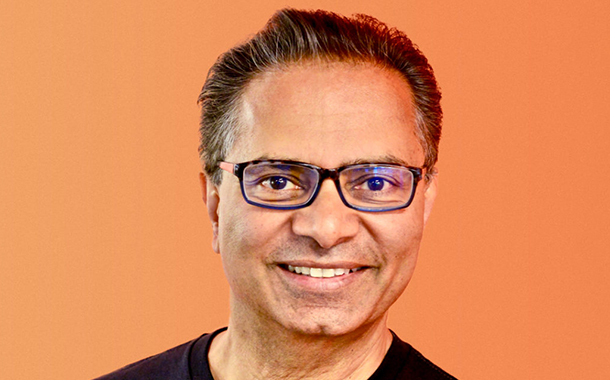Red Hat, announced that Siemens, a global technology company, has adopted Red Hat Ansible Automation Platform to modernize its public key infrastructure. With Ansible Automation Platform, Siemens is now able to automate administrative tasks, help increase configuration quality, and help improve communication security throughout the company.
Siemens AG is an international technology group focusing on electrification – from power generation, transmission, and distribution to smart grid solutions and the efficient application of electrical energy – as well as the areas of medical imaging and laboratory diagnostics. Given the sensitive nature of its business, staying at the forefront of security technology is a top priority at Siemens.
In order to reliably protect access to confidential information, Siemens’ 295,000 employees and 100,000 employees from its business partners use public key infrastructures (PKIs), checking the certificates and identity of public keys.
Siemens increasingly uses PKIs to secure Internet-of-Things (IoT) communication, and now maintains two PKI environments for different application use cases. Additionally, communication between service teams within the organization is expanding. These changes have created configuration complexity and increased workloads for Siemens’ PKI team. To support this demand, Siemens replaced its legacy automation solution with Ansible Automation Platform.
Red Hat Consulting provided Siemens with implementation support to help ensure that using the PKI environment would be more secure and efficient. Siemens worked with Red Hat architects and consultants to learn how to write Infrastructure-as-Code, embrace continuous integration practices, and test playbooks, so that hardening measures would be written in Ansible. While Siemens’ PKI team previously spent hours manually searching for unintended changes to its environment configuration, it has now avoided configuration drifts by deploying most changes as code using Ansible Automation Platform.
Siemens uses Ansible Playbooks to independently implement and remove development environments where necessary, as well as automatically install and test PKI software versions before publication. Along with the automation of manual administrative tasks, Siemens benefits from improved configuration quality and stronger communication security throughout the company. In the near future, Siemens plans to work with Red Hat to explore automating testing processes, with the ultimate goal to establish a common blueprint for continuous deployment.
Robert Lindner, country manager Germany, Red Hat: “The Siemens PKI team impressed us with their dedication to delivering automation best-practices, and we are happy to have collaborated closely to enable their workforce to take advantage of Red Hat Ansible Automation Platform to help them scale automation while improving operational efficiency and reducing risks. The PKI group at Siemens have shown how a highly motivated team can quickly implement Red Hat Ansible Automation Platform to automate manual management tasks and improve communication security throughout the company helping save both time and money, freeing up the business to focus on shaping the next generation of industrial technologies.”
Rufus Buschart, head of public key infrastructure (PKI), Siemens: “We are very happy that we chose Red Hat Ansible Automation Platform. We have been able to count on support from experts at Red Hat through face-to-face workshops, which helped provide our engineers with a deeper understanding of the automation tools and processes, so that they could more quickly and successfully utilize the technology. This is especially important since infrastructure-as-code with Red Hat Ansible Automation Platform is more than the introduction of a new tool – it requires a fundamental change in the mindset of system administrators. Whenever we need Red Hat, they’re there for us, and our vision is to work together to develop a best practice platform for automation to optimise efficiency and innovation of our organization.”




















